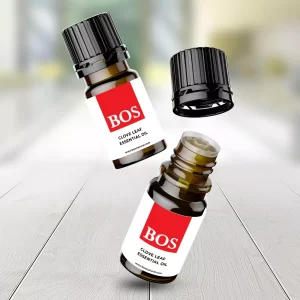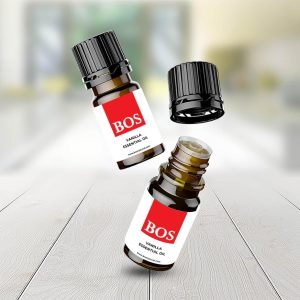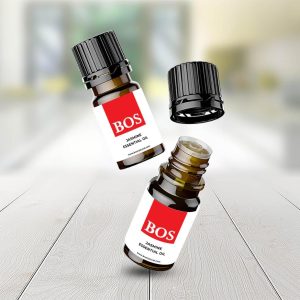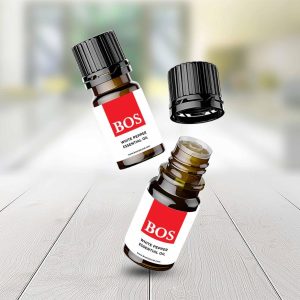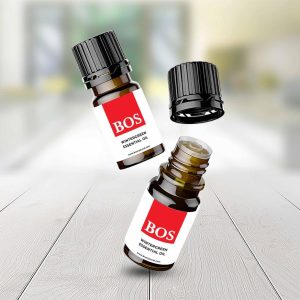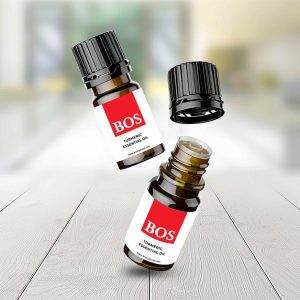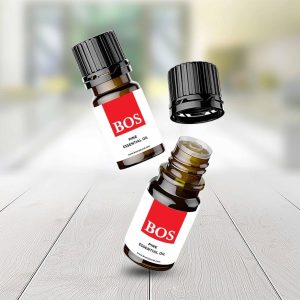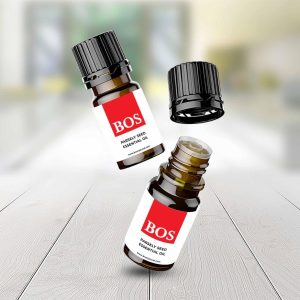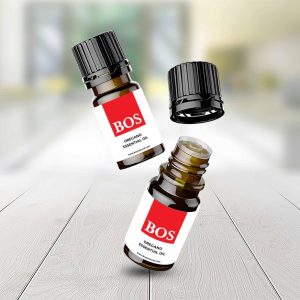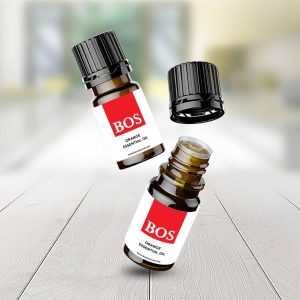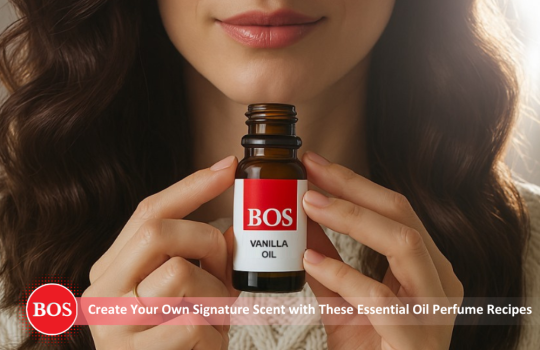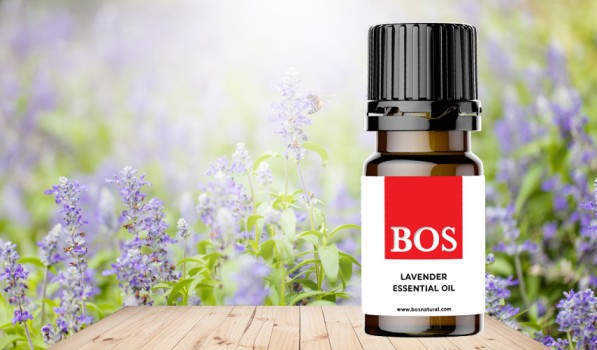The Wonders of Ginger Oil
December 16, 2024 2024-12-16 4:23
The Wonders of Ginger Oil
Ginger oil, derived from the rhizome of the Zingiber officinale plant, is a powerhouse in the world of essential oils. Revered for its warm, spicy, and invigorating properties, this oil has carved out a significant place in traditional and modern wellness practices. In this blog, we will explore the rich history of ginger oil, its many benefits, practical uses, detailed usage guidelines, and important contraindications to keep in mind.
History of Ginger Oil
The history of ginger oil is as rich and layered as the flavor of the ginger root itself. Originating from Southeast Asia, ginger has been used for thousands of years in various cultures, including in ancient Chinese, Indian, and Middle Eastern traditions. It played a significant role not only in culinary applications but also in medicinal practices. Traditional Chinese medicine used ginger for its warming properties to improve digestion, enhance circulation, and relieve joint discomfort.
In the early days of global trade, ginger became highly prized in Europe and was used to make tonics, elixirs, and poultices. The essential oil, obtained through steam distillation, was later developed as a concentrated form of the plant’s potent therapeutic compounds. Today, ginger oil remains a popular remedy in holistic and alternative health practices due to its diverse range of applications and benefits.
Benefits of Ginger Oil
Ginger oil’s extensive list of benefits is primarily attributed to its unique composition, rich in gingerols, shogaols, and zingiberene. Here are some of the top benefits associated with ginger oil:
- Anti-Inflammatory Properties
Ginger oil is known for its anti-inflammatory effects, which can help reduce swelling and alleviate pain associated with conditions like arthritis, muscle soreness, and joint stiffness.
2. Digestive Aid
Ginger oil supports digestive health by stimulating gastric motility, reducing bloating, and relieving indigestion. It has long been used as a natural remedy for nausea and motion sickness.
3. Boosts Circulation
The warming nature of ginger oil helps promote better blood flow. This benefit is particularly useful for individuals with poor circulation or conditions such as cold hands and feet.
4. Supports Immune Health
The antimicrobial properties of ginger oil make it effective in fighting off harmful bacteria and boosting the body’s natural defenses. Diffusing ginger oil during the cold season can help protect against common respiratory issues.
5. Improves Respiratory Function
Inhaling the aroma of ginger oil can help clear the respiratory system by reducing mucus and opening up airways. This makes it beneficial for people dealing with colds, coughs, or bronchial congestion.
6. Enhances Mood and Reduces Stress
Ginger oil’s invigorating scent can uplift the spirit, reduce stress, and combat feelings of fatigue and anxiety. It is often used in aromatherapy to create a warm and comforting atmosphere.
Ginger Oil Uses
The versatility of ginger oil allows for various methods of use. Here are some of the most effective ways to incorporate ginger oil into daily wellness routines:
- Aromatherapy
Diffusing ginger oil in a room can create a calming and energizing atmosphere. It blends well with other essential oils such as citrus oils, cinnamon, and cardamom, amplifying its warming and uplifting properties.
How to Use: Add 3-5 drops of ginger oil to a diffuser along with water and allow the aroma to permeate your living space.
2. Topical Application
For muscle aches and joint pain, ginger oil can be applied topically when diluted with a carrier oil like coconut or jojoba oil. It can also be added to a warm bath to provide full-body relief from soreness and fatigue.
How to Use: Mix 2-3 drops of ginger oil with a tablespoon of carrier oil and massage the affected area gently.
- Massage Oil
Ginger oil’s warming properties make it ideal for use in massage therapy to soothe tired muscles and stimulate circulation. Blending it with other oils like lavender or frankincense enhances its calming effect.
- Inhalation
For a quick boost, a drop or two of ginger oil can be inhaled directly from a tissue or added to hot water for steam inhalation to help with congestion.
How to Use: Place a drop of ginger oil on a cloth or inhale directly for a burst of energizing aroma. Alternatively, add a few drops to hot water, cover your head with a towel, and inhale the steam for 5-10 minutes.
Ginger Oil Guide
When using ginger oil, it’s important to follow best practices to maximize its benefits safely:
- Dilution
Always dilute ginger oil with a suitable carrier oil before applying it to the skin to avoid potential irritation. A typical dilution ratio is 2-3 drops of essential oil per teaspoon of carrier oil.
2. Patch Test
Before applying ginger oil topically, conduct a patch test to check for any adverse skin reactions. Apply a small amount of diluted oil to the inside of your elbow and wait for 24 hours.
3. Blending
Ginger oil blends well with various other essential oils to create unique and effective therapeutic combinations. Popular blends include ginger with lemon, orange, or peppermint oil for an energizing boost, and with sandalwood or ylang-ylang for stress relief.
Contraindications for Ginger Oil
While ginger oil is generally safe for most people, certain precautions should be observed:
- Skin Sensitivity
Ginger oil can cause skin irritation in some individuals, especially those with sensitive skin. Always use it in diluted form and perform a patch test before extensive use.
2. Pregnancy and Nursing
Pregnant and nursing women should consult with a healthcare professional before using ginger oil, as its stimulating properties could pose risks in certain cases.
3. Medical Conditions
Individuals with certain medical conditions, such as bleeding disorders or those taking anticoagulant medications, should be cautious, as ginger oil may have blood-thinning effects.
4. Children
Essential oils, including ginger oil, should be used cautiously with children. Dilution and consultation with a pediatrician are recommended for safe use.


